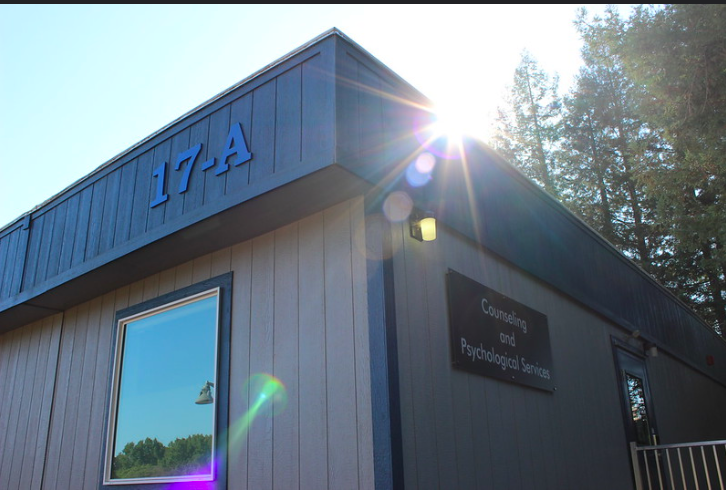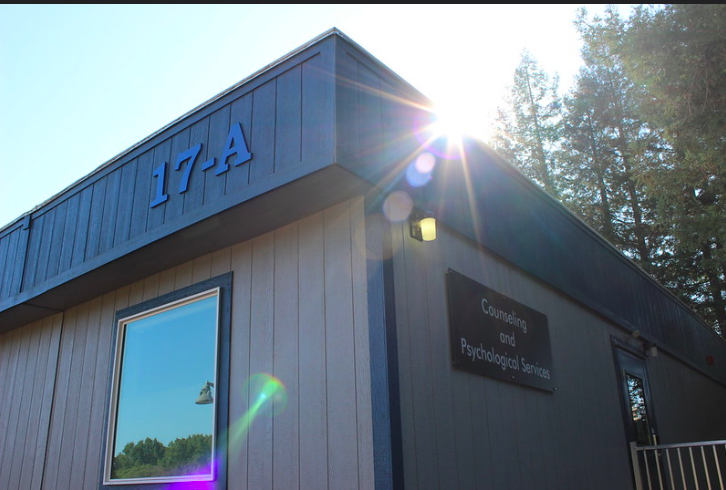One of Sonoma State University’s many services, Counseling and Psychological Services (CAPS) is changing due to COVID-19, but is still available to students. Through telehealth, CAPS will be providing students with the same accessibility while retaining social distancing protocols.
The CAPS office used to be located in Stevenson Hall on the Sonoma State campus and has been a very useful resource to some students over the years. When faculty turned to virtual learning, however, the option to attend sessions in-office became unsafe.
“I know a lot of people who were worried that they wouldn’t be able to use CAPS as a resource anymore,” said third year student, Jenna Zager. “I’ve used CAPS in the past, so I know how important it is when you don’t have a lot of other options.”
So, the faculty at CAPS made the switch to telehealth, which provides virtual counseling via Zoom or phone call.
“The transition to providing services remotely was done quickly and relatively smoothly,” said CAPS Director, Laura Williams. “We are up and running and fully functional.”
CAPS appointments are available Monday, Wednesday, and Friday from 8 a.m. to 5 p.m., and Tuesday and Thursday from 8 a.m. to 6 p.m. Students are able to make an appointment between the hours of 9 a.m. to noon and again from 1 p.m. to 4 p.m., as well as have a same-day appointment in critical, urgent cases.
“Students can also call CAPS anytime 24/7 and, if it is outside our phone hours, they will be connected to our on-call counseling service. There is always someone here to help,” said Williams.
One of the most notable features of CAPS is their short-term approach therapy style. However, as of now there is no limit on how many sessions a student can have with a CAPS psychologist, and students will not have to be put on a waitlist for services. All sessions with CAPS are free of charge, as tuition already covers any psychological services the student may use.
“We have provided flexible sessions for a few years now that take into account the resources that a student is able to access as well as CAPS’ available resources,” said Williams. “If student demand for services exceeds our clinical capacity, sessions will be limited or offered less frequently.”
CAPS offers a number of groups and workshops which have unlimited availability to students. The three groups currently available to students during fall of 2020 are a processing group, a drop-in group which allows participants to come and go as fits their schedule, and a limited-series workshop in which participants rotate through topics of interest to them. But these are not the only groups being offered this semester.
According to the most recent CAPS Newsletter, “Women of Color Collective (WOCC) will start the first week of the semester. All other Drop-In groups will start the second week of the semester.”
The groups meet weekly and have a wide variety of topics offered, including grief and loss support, LGBTQ+ support, self-compassion, and more. The CAPS Newsletter displayed compassion for students starting a semester of online-learning, a confusing and stressful time for everyone.
“Being self-compassionate does not equate with weakness or laziness. Rather, self-compassion frees up the mental energy that you may have used to criticize yourself and directs that energy to more productive activities,” stated the CAPS Team.
To keep track of upcoming support groups/workshops, learn more about CAPS services and resources, or to make an appointment with a psychologist, visit www.caps.sonoma.edu.





































